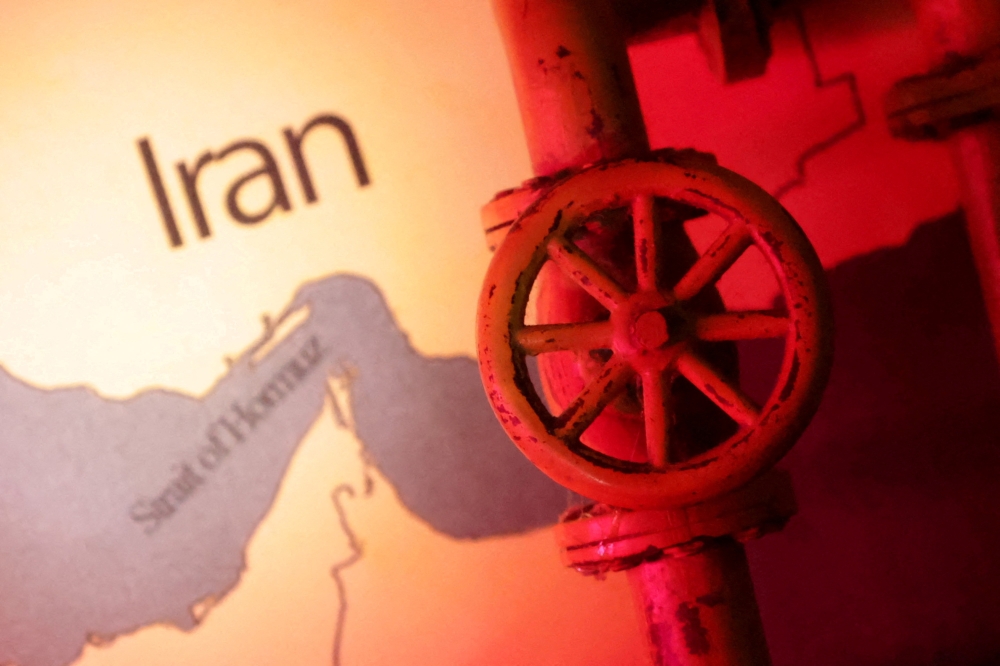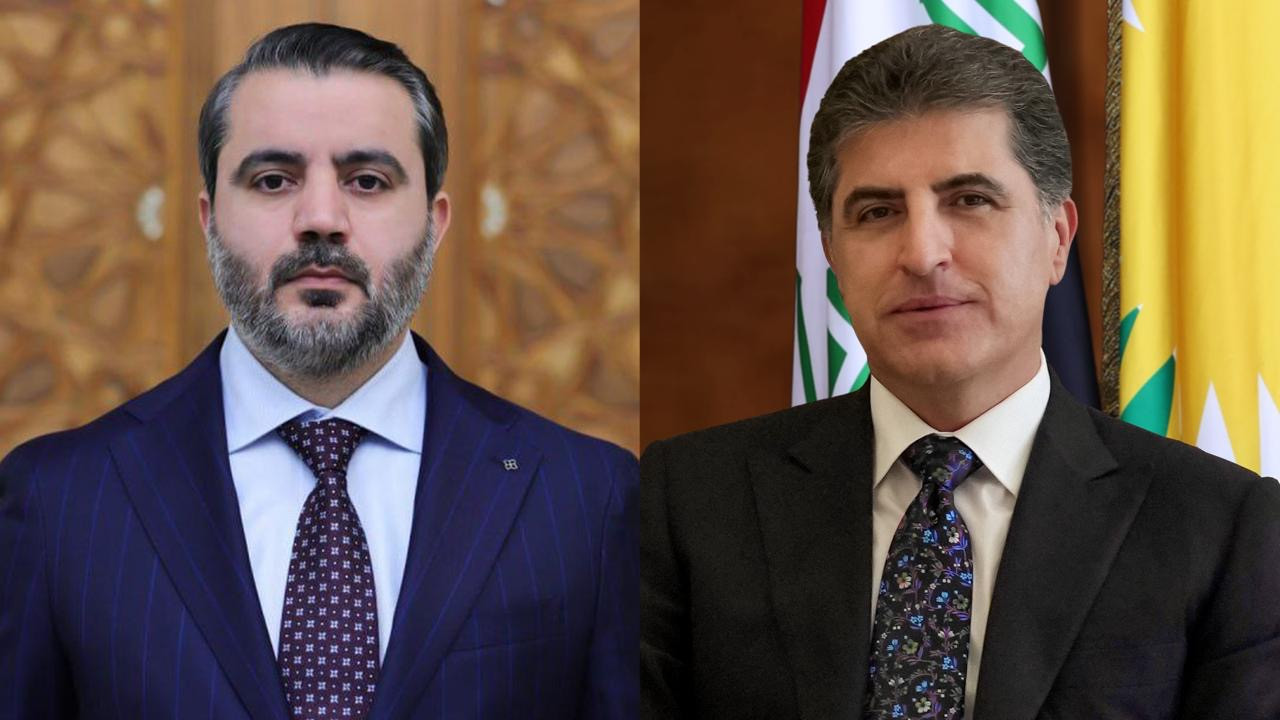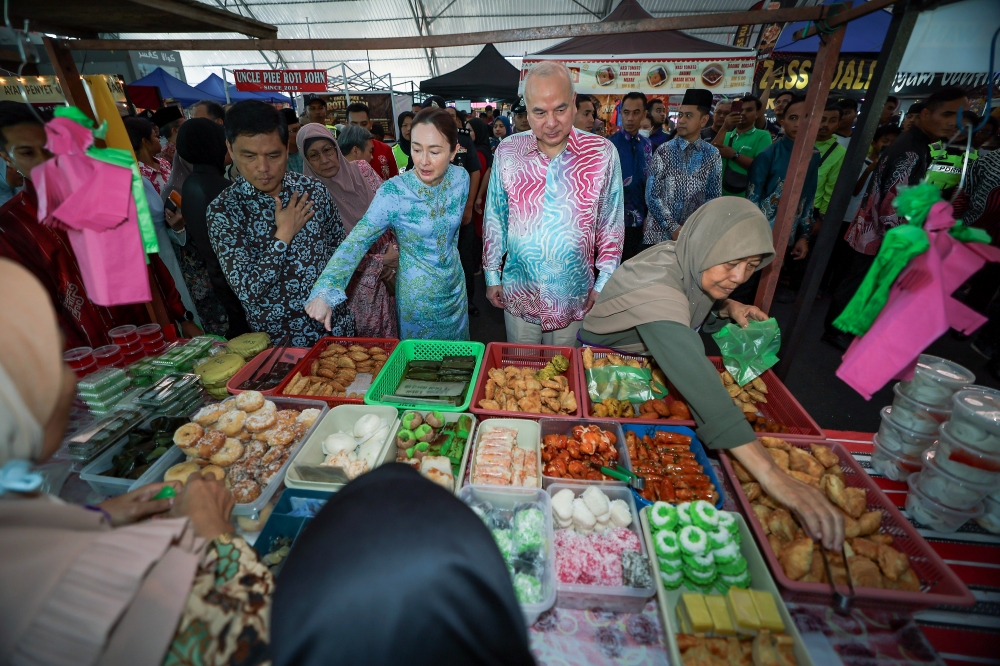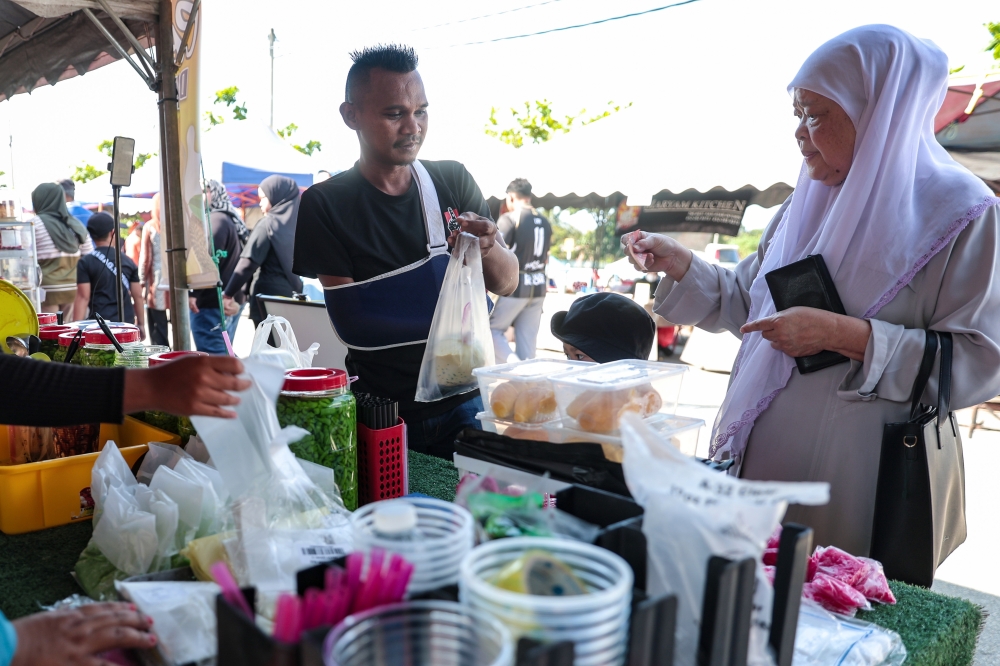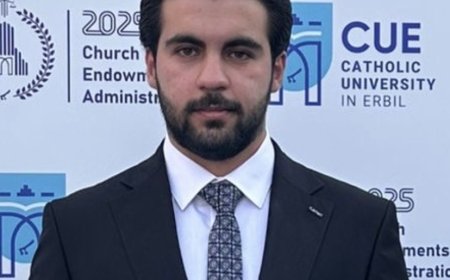Rubio tells Sudani important to pay KRG salaries 'consistently’
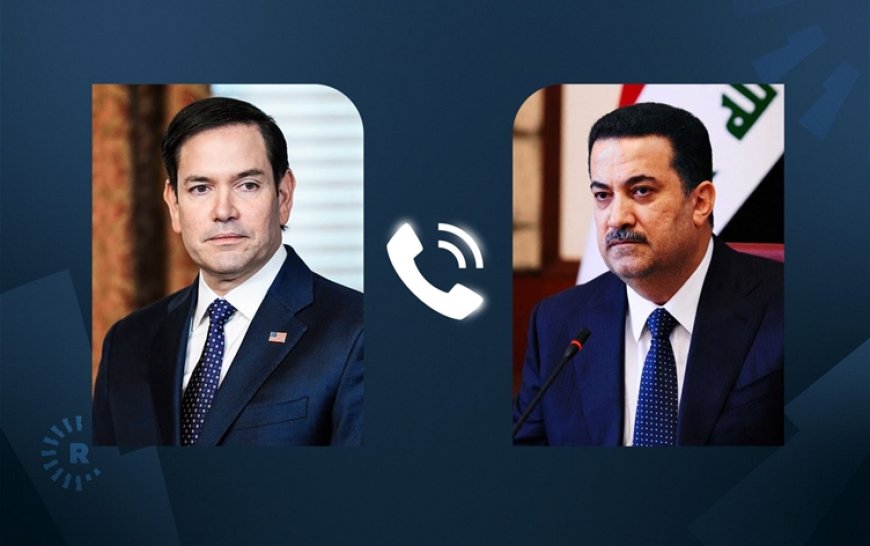
US Secretary of State Marco Rubio spoke by phone with Iraqi Prime Minister Mohammed Shia’ al-Sudani, emphasizing the importance of ensuring uninterrupted salary payments to civil servants in the Kurdistan Region. Rubio also conveyed Washington's concerns regarding a pending bill in the Iraqi parliament that seeks to further institutionalize pro-Iranian militia groups, a State Department spokesperson said on Wednesday.
The phone call came just hours after the Iraqi government decided to resume the payment of the salaries of public employees in the Kurdistan Region after nearly three months of suspension due to financial disputes with the Kurdistan Regional Government (KRG).
“The Secretary noted the importance of paying Iraqi Kurdistan Region (IKR) salaries consistently,” read a statement from State Department Spokesperson Tammy Bruce.
Sudani’s office has yet to comment on the phone call.
Tensions between Baghdad and Erbil escalated in late May when the federal finance ministry suspended transfers, accusing the KRG of exceeding its 12.67 percent share of the federal budget and failing to deliver the agreed oil volumes to Iraq’s State Oil Marketing Organization (SOMO). The freeze affected more than 1.2 million public sector employees in the Kurdistan Region.
Last week, the federal and regional governments reached a new deal over financial and oil disputes following the failure of several similar deals in the past. The Iraqi government approved the agreement during a cabinet meeting and decided to resume the disbursement of the salaries of KRG’s civil servants on Tuesday. The payment will only cover the month of May, and the disbursement of salaries for the remaining months will depend on how the agreement is implemented moving forward.
The Erbil-Baghdad agreement also includes the resumption of KRG’s oil exports. The process has been halted since March 2023 when a Paris-based arbitration court ruled in favor of Baghdad against Ankara, saying the latter had violated the 1973 pipeline agreement by allowing Erbil to begin exporting oil independently in 2014.
Under the agreement, the KRG must export its entire oil output through Iraq’s State Oil Marketing Organization (SOMO), keeping 50,000 barrels daily for local use. In return, Baghdad is expected to make budget transfers and provide refined fuel if needed. The KRG is also obligated to hand over 120 billion Iraqi dinars (nearly $92 million) in non-oil revenues monthly for May.
Washington has been pressuring Erbil and Baghdad to resume the Kurdish oil exports.
Rubio told Sudani during the phone call that it is also important to resume the flow of the Kurdish oil to international markets through the Iraq-Turkey Pipeline, Bruce said in the statement.
Kurdistan Region has come under nearly 20 drone attacks, including strikes on its oil fields, in recent weeks. The KRG has blamed Iraq’s Popular Mobilization Forces (PMF, or Hashd al-Shaabi) for the drone attacks, a charge Baghdad has denied.
The drones were seen by many as a pressure tactic by pro-Iran groups on the Kurdish government to make compromises to the federal government during negotiations over the resumption of the KRG’s oil exports.
The attacks have stopped since both governments finalized the agreement on Thursday.
The Rubio-Sudani phone call focused on the drone attacks. Some of the targeted sites are operated by US companies. Rubio “stressed the importance of the Iraqi government holding the perpetrators accountable and preventing future attacks,” Bruce noted in her statement.
The attacks have been condemned internationally and locally, including by the US, UK and UN. The Iraqi government has launched an investigation into the strikes but has yet to announce the results. The federal parliament failed to discuss the matter on Monday after Kurdish lawmakers boycotted the session for unknown reasons. Rudaw has learned that some Kurdish parliamentarians feared that the Shiite factions could exploit the session to add a pending bill seeking more rights for the PMF members.
The PMF was established in 2014 during the Islamic State group (ISIS) blitz, which saw the group seize control of large parts of Iraq’s north and west. Although the PMF has been integrated into the security apparatus, the inclusion of some pro-Iran groups and their failure to answer to Sudani as the commander-in-chief of the armed forces has concerned Washington.
The Iraqi government in February sent a bill to the parliament to further institutionalise the PMF, including retirement rights.
“The Secretary also reiterated serious U.S. concerns with the Popular Mobilization Commission (PMC) bill currently pending in the Council of Representatives (COR), emphasizing that any such legislation would institutionalize Iranian influence and armed terrorist groups undermining Iraq’s sovereignty,” Bruce said.
Rubio later said on X that he told Sudani that he desires to see an Iraq “free of Iran’s pernicious influence."
(Source:Rudaw)

